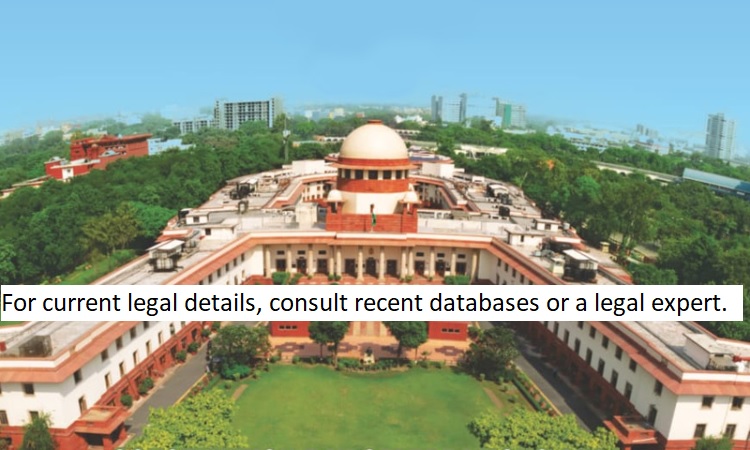


In rejecting the plea for specific performance in the execution of a re-conveyance deed, the Supreme Court emphasized a critical contradiction in the plaintiff's claim. The court underscored that seeking such relief implies recognition of the opposing party as the rightful owner, whereas the plaintiff contended that the opposite party had no rightful claim to the property. Given this inconsistency, the Court concluded that specific performance could not be pursued.
To elucidate the background leading to the appeal, the plaintiffs, Madhavan and Kaladevi, father and daughter respectively, were in a legal dispute with the defendant, Kanakavally, who was a friend of the second plaintiff. The contested property, according to the plaintiffs, originally belonged to the first plaintiff. During financial difficulties faced by the first plaintiff, a loan transaction of Rs. 13,000 took place, allegedly secured by a sale deed dated 03.10.1988 executed in favor of the second plaintiff and the defendant. The plaintiffs asserted that this was merely a paper transaction and served as security.
Without the first plaintiff's knowledge, the second plaintiff relinquished her rights to the defendant. Subsequently, an agreement was made between the second plaintiff and the defendant to assign the property in favor of the second plaintiff or her nominee. Stipulations in the agreement included a provision that any amount exceeding Rs. 29,400 had to be paid to the plaintiffs. The performance of the contract was expected by 19.6.90, but the defendant attempted to sell the property instead. Consequently, the plaintiffs filed a suit for an injunction and specific performance.
Although the trial Court initially granted a decree of specific performance in favor of the plaintiffs, the High Court overturned this decision. Upon reviewing the pleadings, the Supreme Court reiterated that the suit agreement aimed to re-convey the property to the second plaintiff or her nominee. The Court emphasized that when a plaintiff seeks specific performance of an agreement to execute a re-conveyance, it implies an acceptance of the defendant's title.
Examining the specific pleadings, the Court noted the assertion that the second plaintiff had no authority to transfer her share in the property to the defendant. Even after the execution of the deed of relinquishment, only the first plaintiff retained rights over the property. The plaintiffs consistently argued that the sale deed was a security measure on paper.
In light of these considerations, the Court opined that despite the plaintiffs' claim that the defendant had no right to the property, the request for specific performance implied recognition of the defendant as the owner. The agreement for sale, forming the basis of the specific performance claim, operated on the assumption that the respondent had become the owner. The Court observed that the appellants had not initiated a suit to declare the sale deed null and void.
In conclusion, the Court dismissed the appeal, emphasizing the inconsistency in the plaintiff's stance and the implied acceptance of the defendant's ownership in the pursuit of specific performance.
TAGS: Plaintiff Defendant Property dispute Ownership claim Financial difficulties Loan transaction Sale deed